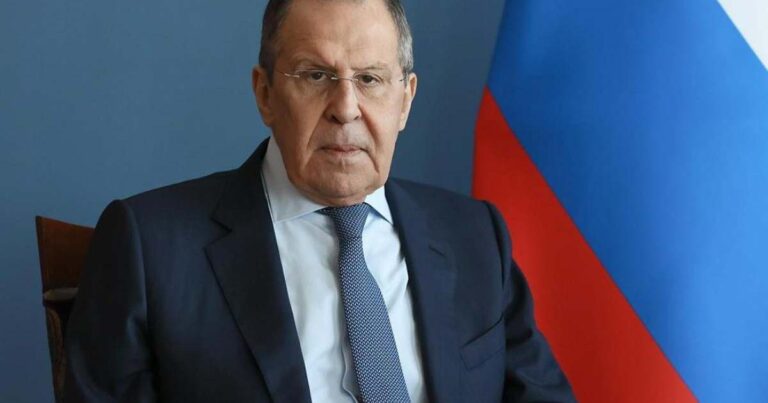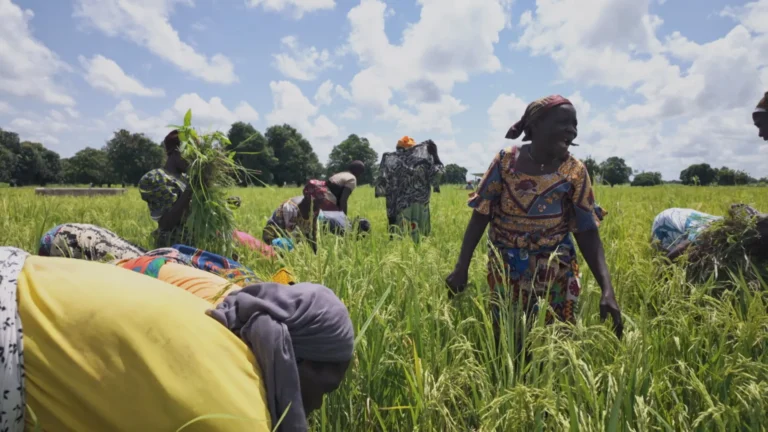UN security council delegation visits Sudan to assess crisis

A United Nations Security Council delegation has arrived in Port Sudan for a three-day mission to evaluate the security and humanitarian situation on the ground.
This visit, the first since the outbreak of renewed conflict in Sudan over a year and a half ago, aims to assess conditions amid persistent violence and escalating humanitarian needs.
According to Sudan’s state news agency, Souna, the team will hold critical discussions with local authorities on implementing Resolution 1591 of 2005, which seeks to restore peace in Darfur—a region still mired in instability.
Reassessing Peace Measures
Resolution 1591, adopted nearly 20 years ago, introduced measures to stabilize Darfur, including targeted sanctions and an arms embargo.
While the situation in Sudan has evolved, recent escalations in violence and renewed hostilities, especially in Darfur, necessitate a fresh evaluation of these measures.
The UN delegation is expected to closely examine current challenges to implementing the resolution while engaging with Sudanese security officials and local organizations.
Port Sudan, now a refuge for thousands displaced by ongoing conflict, has gained strategic importance for both Sudanese authorities and international actors.
The violence between military factions and rebel groups has forced hundreds of thousands to flee their homes, further exacerbating the humanitarian crisis.
UN representatives aim to gain a deeper understanding of local conditions to help craft more effective security and humanitarian responses.
Ensuring Aid Convoy Security
Discussions between the UN experts and Sudanese officials will also focus on alleged human rights violations and potential war crimes committed during the conflict.
The Security Council seeks concrete evidence regarding these allegations, particularly against civilians in Darfur.
Investigative findings could lead to enhanced sanctions and potential prosecutions of those responsible for violence.
Additionally, the delegation will address issues related to humanitarian access.
Numerous international organizations have reported obstacles to their operations in certain regions due to violence and roadblocks.
UN experts will explore ways to secure aid convoys and improve the delivery of essential supplies to vulnerable populations, aiming to alleviate a worsening food and medical crisis.
Regional Instability Concerns
The international community’s involvement is seen as vital to preventing further deterioration of the Sudanese crisis, which could destabilize the region.
Neighboring countries like Chad and Egypt are closely monitoring the situation, fearing a mass influx of refugees and potential cross-border violence.
The UN team intends to factor in regional concerns during its assessment.
By encouraging local actors to reach a consensus, the UN hopes to promote de-escalation and establish stabilization measures.
A comprehensive report, expected at the end of the mission, will inform future Security Council decisions.
Diplomatic sources suggest it may propose adjustments to Resolution 1591, including enhanced sanctions and arms restrictions, to better address the evolving conflict dynamics in Sudan.
About The Author
dailymailafric
I am an avid African news observer, and an active member of Daily Mail Africa.
I’m Passionate about staying informed on diverse topics across the continent,
I actively contribute to publishing on political, economic and cultural developments in Africa.



